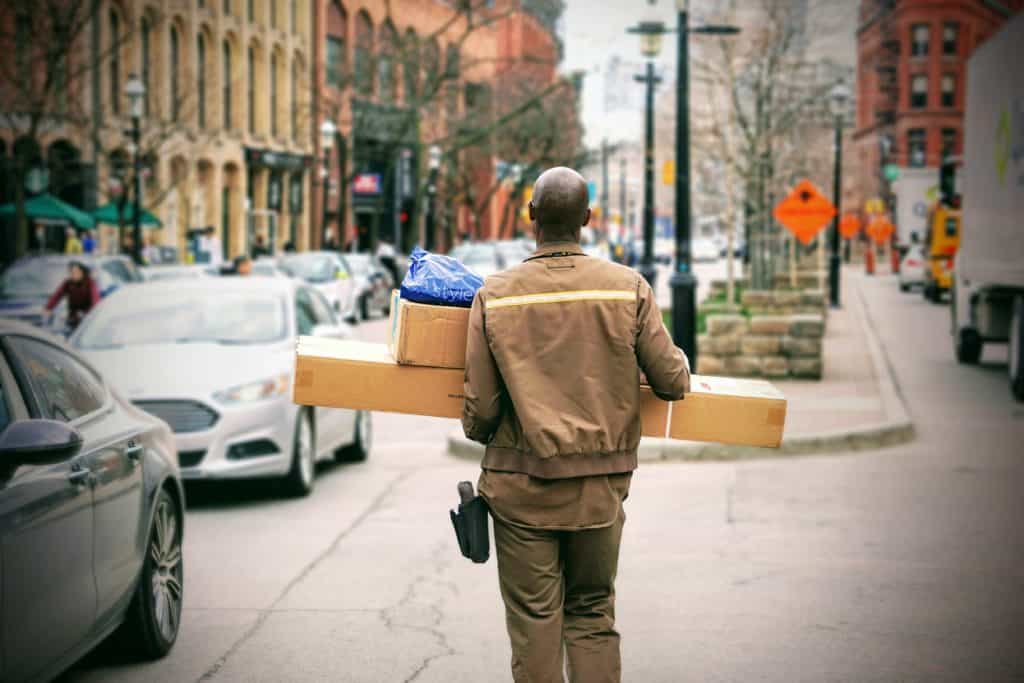The one thing that the coronavirus pandemic has revealed is that a full quarantine is an option for the wealthy only, and by the wealthy, I mean the 1%. Only they will survive this pandemic with limited changes to their lives.
Take the example of school closures. Since March 12, local and state governments have been closing school districts to limit the spread and speed of COVID-19. There are now at least 50.8 million public school students who are home from school.
School closures are an essential and vital public health decision. Still, it has ramifications that will significantly impact lower-wealth families. 43% of employees in the U.S. teleworked before the pandemic. The typical teleworker is college-educated and earns an annual salary of $58,000, which is higher than the nation’s average yearly income of approximately $48,672. But what happens to the remaining 57% of employees? What do people do when their young children are home without childcare, and they are living paycheck to paycheck and need to show up to their job, or they will not get paid?
Even being one of the “lucky” people who can telework during this time, how is one supposed to be productive with their children at home? People who live in a single-family home may have enough space to telework while their children distance learn. However, the median household income of the typical home buyer is about $88,000. Again, higher than the average yearly income but still by no means a member of the 1%. And what happens when there are four children and two or three adults living in a two-or-three-bedroom apartment? Where are they supposed to go to do their professional and school work?
What are families supposed to do if they do not live in a school district that provides computers? Do families at this time have the financial capability to buy additional computers or tablets for multiple children to simultaneously complete distance learning while trying to make sure that they have enough of the basics like food and toiletries?
All these questions highlight the effects this virus will have on widening the wealth gap. This virus is going to hurt our most vulnerable populations the most. It will also have significant impacts on the middle class. Only the 1% is going to survive this pandemic intact.
Anneliese Lederer is NCRC’s Director of Fair Lending and Consumer Protection.
Photo by Maarten van den Heuvel on Unsplash



